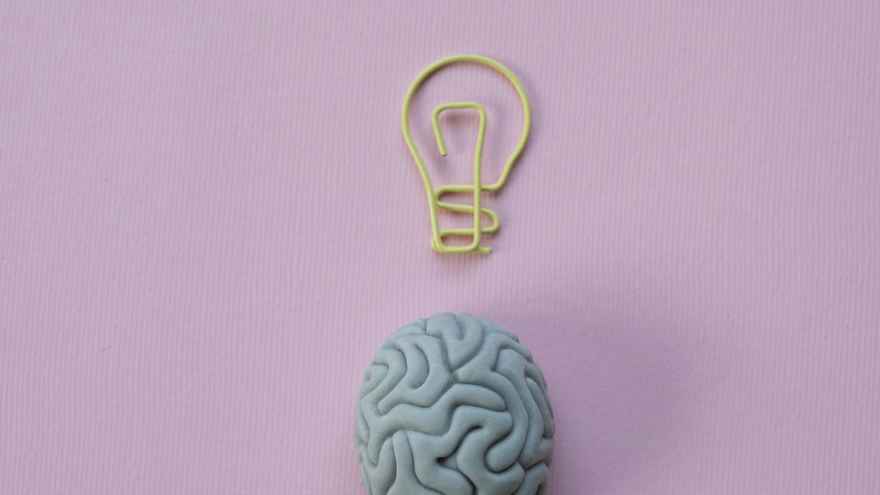What are the four brain stages of hypnosis?

The four brain stages of hypnosis, also known as the "hypnotic depth stages," refer to a model of hypnotic experience that describes the different levels of hypnotic trance that individuals may experience during hypnosis. While this model is not universally accepted and has some limitations, it provides a useful framework for understanding the subjective experience of hypnosis and the different levels of responsiveness to hypnotic suggestion. 🧠🔍
The four brain stages of hypnosis are:
Beta stage: This is the normal waking state of consciousness, characterised by alert and focused attention, logical thinking, and active engagement with the external environment. In this stage, individuals are fully aware of their surroundings and are able to respond to external stimuli in a rational and intentional way.
Alpha stage: As individuals begin to relax and focus their attention inward, they may enter the alpha stage of hypnosis. This stage is characterised by a state of relaxed alertness, increased suggestibility, and a heightened ability to visualise and imagine. In this stage, individuals may feel a sense of detachment from the external environment and a greater openness to hypnotic suggestions.
Theta stage: As individuals deepen their hypnotic trance, they may enter the theta stage of hypnosis. This stage is characterised by a state of deep relaxation, increased access to subconscious processes and memories, and a heightened ability to respond to hypnotic suggestions. In this stage, individuals may experience vivid imagery, intense emotions, a sense of timelessness, or an altered perception of time.
Delta stage: The deepest level of hypnotic trance is the delta stage, which is characterised by a state of profound relaxation, detachment from the external environment, and a high level of responsiveness to hypnotic suggestion. In this stage, individuals may experience a sense of unity or oneness with the universe, a loss of bodily awareness, and a profound sense of inner peace and well-being.characterised
It is important to note that not all individuals will experience all four stages of hypnosis, and the depth and quality of hypnotic experience can vary widely depending on individual differences, the skill of the hypnotist, and the specific techniques and suggestions used. Additionally, some researchers have criticised the four-stage model as being overly simplistic and lacking empirical support.
Despite these limitations, the four brain stages of hypnosis provide a useful framework for understanding the subjective experience of hypnosis and the different levels of responsiveness to hypnotic suggestion. By understanding these stages and the factors that can influence hypnotic depth and responsiveness, individuals can approach hypnosis with greater awareness and intentionality and can work with qualified and experienced practitioners to achieve their desired outcomes. 🌟 #FourStagesOfHypnosis #UnderstandingHypnoticExperience #WorkingWithHypnosis #pobinsider

0 comments
Leave a comment
Please log in or register to post a comment